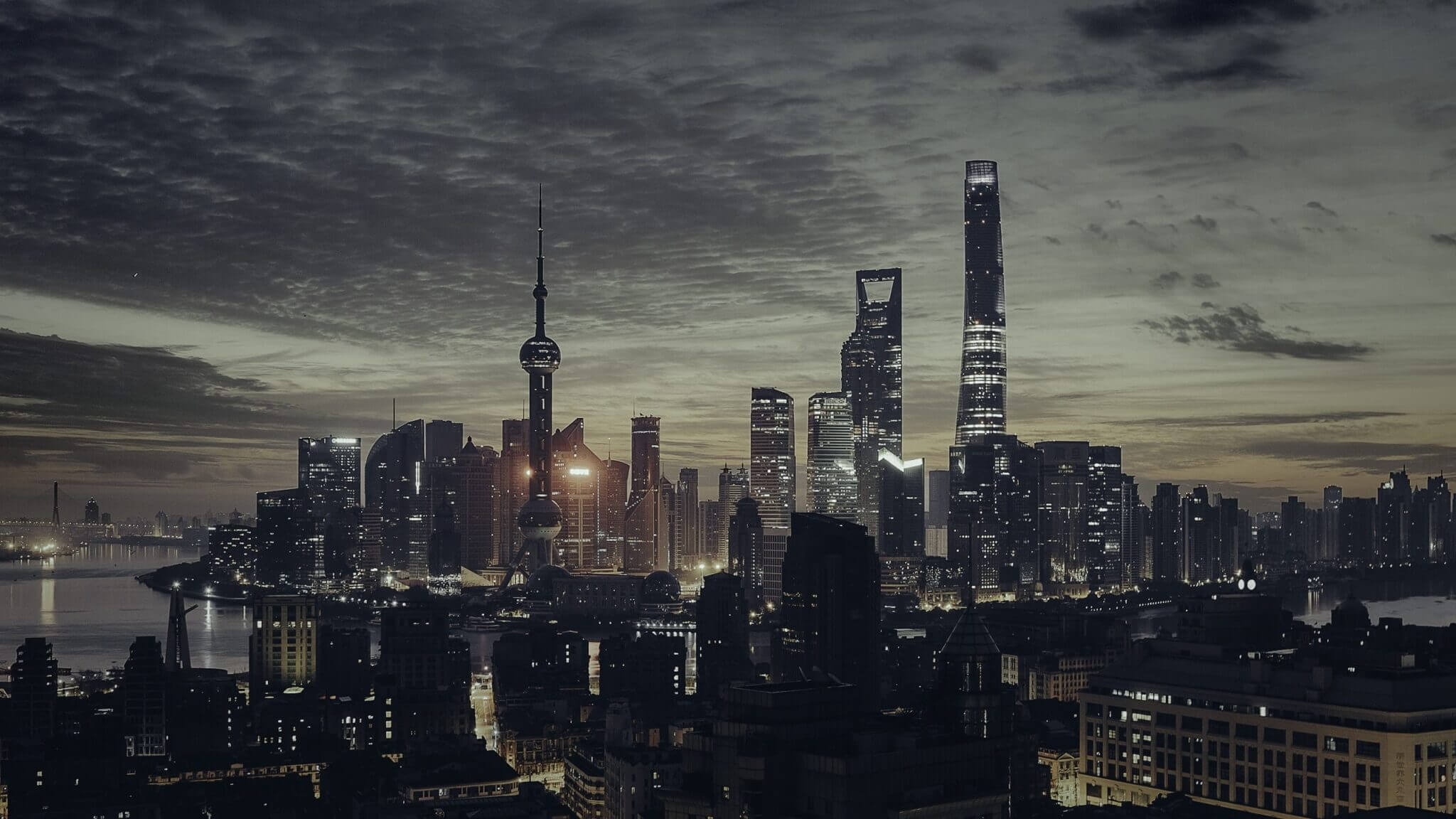An article in the Financial Times by Mike Moritz, a senior manager at Sequoia Capitalcalled “Silicon Valley would be wise to follow China’s lead” has set the cat among the tech pigeons: the billionaire investor advises workers in Silicon Valley to stop arguing about the length of paternity leave, unlimited vacations, free massages or the imperative need for a rehearsal room at work to play musical instruments, and to get on the same program as their Chinese competitors.
What’s it like to work for a Chinese technology company? In short, hard. The day begins around 10 am and goes on until well after after midnight, six or even seven days a week, with dinner in a meeting room followed by three meetings, with occasional breaks resting your head on the table with your arms as a pillow. If it is cold in your workplace, don’t ask for more heating, it costs money: put your coat on, or a scarf. And if you really want to be successful, your children will be raised by their grandparents or a nanny, because at the most, you’ll see them a few minutes a day.
Moritz’s observations, based on his time in China, go completely against Western management trends in Silicon Valley, which for years have focused on offering the kind of working conditions that would attract scarce talent. For the last decade, sites like Glassdoor have analyzed not just salaries, but the perks companies offer in return for loyalty, a trend that, at least in Silicon Valley, has created a culture that increasingly considers them more important when considering a professional career. Once typical of consolidated companies with healthy margins, such behavior is now expected even in startups that have not yet launched their first round of financing. In Silicon Valley, the name of the game seems to be pampering workers. In China, companies are measured by their global expansion, and working yourself to death for one is considered a privilege.
But the long and the short of it is that the West’s tendency toward ideal working conditions, defended on the grounds that people are more productive in a relaxed workplace puts Western companies at a competitive disadvantage to their Chinese counterparts. As far as Mike Moritz is concerned, regardless of whether we see working like the Chinese as a nightmare or as a necessity, the reality is that China is about to take over the world and conquer all industries and set the international agenda thanks to a workforce with a work ethic the West seems to consider completely unacceptable, outside the framework of its social contract.
One need only read the conclusions of the XIX National Congress of the Chinese Communist Party, which not only has 89 million members, but also new generations excited about China’s role in the world, based on what they see as the superiority of the Chinese model compared to the West’s decadent democracies, and what’s more are willing to spend hours each day on the Internet arguing for free with anybody who disagrees, defending their leaders’ decisions. A series of articles by Xi Jinping emphasize the need for China to play a key role in determining the world’s future, and how, as US domination wanes under the leadership of its controversial president, China’s global ambitions are ushering in a new era in which the country stands center stage, making an ever-bigger role to humanity, from ambitious transport plans to create a modern Silk Road and that far exceed the Marshall Plan, along with a new work ethic focused on international expansion and a social contractbased on the total absence of privacy.
That said, there have been timid protests to China’s steady infringement of privacy and the erosion of basic freedoms, along with predictions that human nature will out and that once Chinese society reaches a certain level of wellbeing will create similar social contracts to Western societies. Other pundits, observing successful companies and Chinese entrepreneurs build emblematic buildings anywhere they like, buy football clubs and stadiums or basic services such as transport in more and more Western countries, argue that China dismisses democracy in favor of a system where an elite created to govern decides, putting the fear of God into anybody who considers democracy a basic characteristic of the society in which we want to live.
Right now, the most important technology in the history of mankind are being developed in China. Chinese immigrants to the United States are turning their back on Silicon Valley to make their fortunes at home, which is increasingly seen as the new land of opportunity. China is beating a path to global domination while the West discusses how to do things its own way. China challenges democracy, ignores basic human rights, twists the rules and agreements of international trade and demands respect for its model. The only country offering any kind of resistance is the United States, which looks increasingly desperate.
Each year, fewer and fewer of the many brilliant Chinese students who attend my classes in one of the best business schools in the world dare to discuss politics: there’s no need, they believe that the success of their country’s system and its vision of the future makes the issue redundant.
About the Author
This article was written by Enrique Dans, Professor of Innovation at IE Business School and blogger at enriquedans.com





























